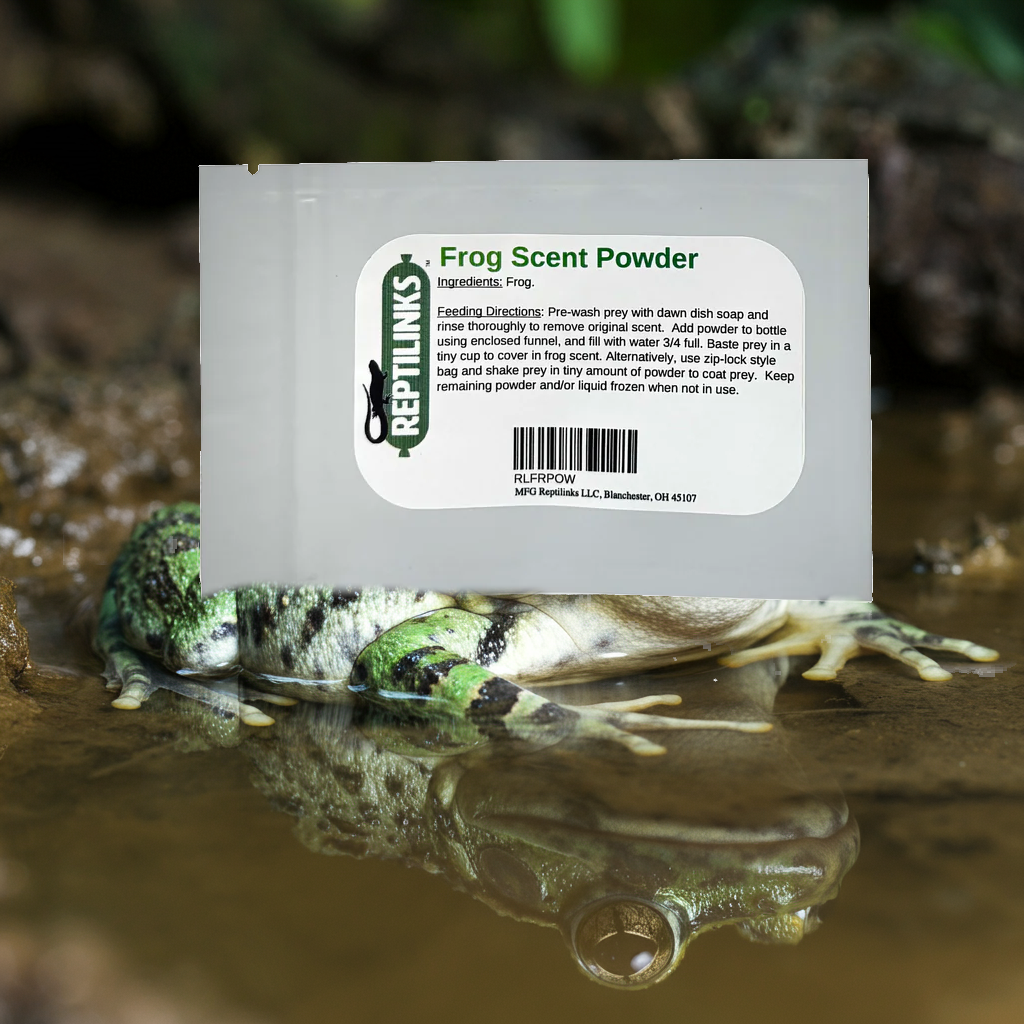Understanding the Unique Needs of Pet Reptiles
Choosing the Right Reptile Species
When choosing a pet reptile, it is important to consider the unique needs of these fascinating creatures. Reptiles, with their enigmatic nature, require specific care and attention to thrive in captivity. Understanding the characteristics and requirements of different reptile species is crucial to providing them with a suitable environment. By selecting the right reptile species, you can ensure a rewarding and fulfilling experience as a reptile owner.
Creating the Ideal Habitat
Creating a suitable habitat is crucial for the health and well-being of pet reptiles. It is important to provide an environment that closely mimics their natural habitat to ensure their physical and psychological needs are met. Here are some key considerations when creating the ideal habitat for your pet reptile:
Providing Proper Nutrition
Proper nutrition is essential for the overall health and well-being of pet reptiles. It is important to understand the specific dietary requirements of each reptile species to ensure they receive the necessary nutrients. For example, leopard geckos require a diet that consists mainly of insects, such as crickets and mealworms. These insects should be gut-loaded with nutritious foods before being fed to the geckos. Additionally, it is important to provide a calcium supplement to prevent metabolic bone disease. Consistency in feeding schedule and variety in food options are key to maintaining a healthy diet for pet reptiles.
Maintaining Optimal Temperature and Humidity
To ensure the health and well-being of your pet reptile, it is crucial to maintain optimal temperature and humidity levels in their habitat. Reptiles are ectothermic animals, meaning they rely on external sources of heat to regulate their body temperature. Consistent and appropriate temperature and humidity are essential for their metabolic processes, digestion, and overall health. Here are some key points to consider:
Preventing Common Health Issues in Pet Reptiles

Recognizing Signs of Illness
It is crucial for reptile owners to be able to recognize the signs of illness in their pets. Early detection of health issues can greatly improve the chances of successful treatment. Some common signs of illness in reptiles include changes in appetite, lethargy, abnormal behavior, and skin abnormalities. If you notice any of these signs in your pet reptile, it is important to consult a veterinarian experienced in reptile care. They can provide a proper diagnosis and recommend the appropriate course of treatment.
Implementing Regular Veterinary Check-ups
Regular veterinary check-ups are crucial for ensuring the overall health and well-being of your pet reptile. These check-ups allow the veterinarian to assess your reptile's condition, detect any potential health issues early on, and provide appropriate treatment. During a check-up, the veterinarian will perform a thorough examination, including checking for signs of illness, assessing the reptile's body condition, and evaluating its behavior and appetite. They may also recommend specific tests or procedures to further evaluate your reptile's health. By scheduling regular veterinary check-ups, you can proactively address any health concerns and ensure that your pet reptile receives the necessary care and attention it needs.
Preventing Parasitic Infections
Preventing parasitic infections is crucial for maintaining the health of pet reptiles. These infections can be caused by various parasites, including microscopic organisms. It is important to regularly clean and disinfect the reptile's habitat to minimize the risk of parasitic infestations. Additionally, providing a balanced diet and proper nutrition can help boost the reptile's immune system and make it less susceptible to parasites. Regular veterinary check-ups are also essential to detect and treat any parasitic infections early on. By taking these preventive measures, reptile owners can ensure the well-being of their pets.
Avoiding Metabolic Bone Disease
Metabolic Bone Disease is a common health issue in pet reptiles that can have serious consequences. It is caused by a deficiency of calcium, vitamin D, or both, leading to weakened bones and deformities. Preventing this condition requires proper nutrition and careful attention to the reptile's diet and environment. Here are some key points to consider:
- Provide a balanced diet that includes calcium-rich foods such as insect frass.
- Ensure the reptile has appropriate access to UVB light to aid in vitamin D synthesis (as required - check the recommendations for your specific species).
- Monitor the reptile's calcium and vitamin D levels through regular veterinary check-ups.
- Maintain appropriate temperature and humidity levels to support proper calcium absorption.
Remember, prevention is key when it comes to disease in pet reptiles.
Frequently Asked Questions
What are the unique needs of pet reptiles?
Pet reptiles have specific requirements for their habitat, nutrition, and temperature that must be met in order to keep them healthy.
How do I choose the right reptile species as a pet?
When choosing a reptile species as a pet, it is important to consider factors such as size, lifespan, temperament, and care requirements.
What should I consider when creating the ideal habitat for my pet reptile?
The ideal habitat for a pet reptile should include appropriate lighting, heating, substrate, hiding spots, and a proper enclosure size.
What is the importance of providing proper nutrition to pet reptiles?
Proper nutrition is crucial for the overall health and well-being of pet reptiles. Their diet should consist of a variety of insects, vegetables, and sometimes small mammals.
How can I maintain optimal temperature and humidity for my pet reptile?
Maintaining the correct temperature and humidity levels in the reptile's enclosure is essential for their digestion, metabolism, and overall health. This can be achieved through the use of heating and misting systems.
What are some common health issues in pet reptiles and how can they be prevented?
Common health issues in pet reptiles include respiratory infections, metabolic bone disease, and parasitic infections. Regular veterinary check-ups, proper nutrition, and maintaining a clean habitat can help prevent these issues.






Comments